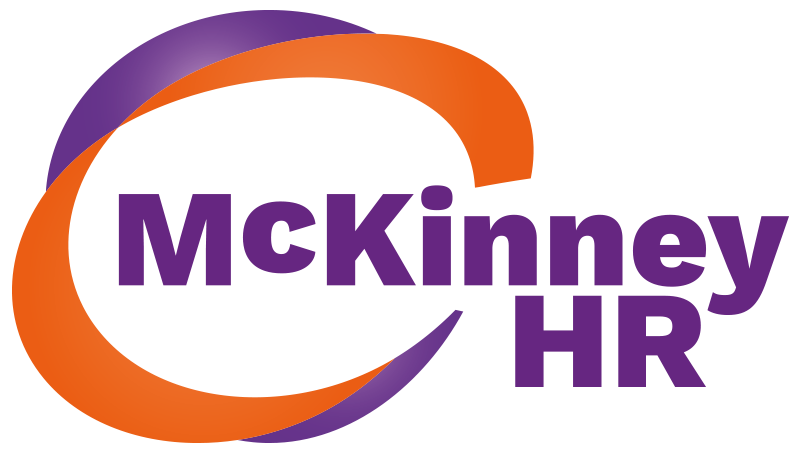At McKinney HR, we are passionate about supporting our clients to address, resolve and recover from conflict and challenging situations in the workplace. We have a specialist team of Scottish Mediation Network registered mediators. The team also have significant experience in Employee Relations with a sound grasp of workplace conflict. As mediation becomes a more widely utilised and successful method of resolving conflict at work, some common questions around “why would I use mediation?” are addressed.
Irene Murray, an experienced Mediator and McKinney HR Associate, shared some useful information for any organisation considering workplace mediation.
When can mediation be used?
Mediation can be used at any stage in the conflict so long as any formal processes which had already started are paused. It can be used prior to any formal process and may also be a recommendation on conclusion of a formal investigation as a further support mechanism to restore damaged working relationships.
What happens during mediation?
- Individual meetings – The mediator will initially meet separately with both individuals who are involved in the dispute or disagreement to understand their concerns and goals for mediation
- Joint meeting – The mediator will invite both individuals to a joint meeting where an open and confidential discussion will take place, facilitated by the mediator. The joint meeting will concentrate on finding solutions to improve the situation and how this improvement can be maintained over time. The mediator manages the process of seeking to resolve the problem but does not decide the outcome. The outcome is agreed by the individuals taking part in mediation.
- Agreement – The mediator will write up a document which will lay out in the words of the parties what they have committed to after mediation.
What are the advantages for the organisation and the individuals involved?
- Time saving – Formal processes are time consuming. A typical grievance can take around 8 days to investigate and conclude; significant management time can be required and this may extend if an appeal is raised. Mediation can be concluded in a couple of days and it is likely that a mediator will be available more quickly.
- Cost – In relation to formal processes, mediation is a relatively inexpensive process to run. The cost savings to an organisation (in relation to grievance and potential Employment Tribunal action) are significant.
- Stress – Mediation can be a much less stressful and safer experience for individuals than a formal process. As joint agreement is reached by the individuals involved, this can be less stressful than the long wait for a judgement to be made by an investigating manager. It can also reduce stress related absence and encourages individuals to remain present at work or return more quickly from absence.
Final thought……
Rather than “why would I use mediation?” consider “why would I not use mediation?”
If you would like help withmediation, please contact support@mckinneyhr.co.uk

